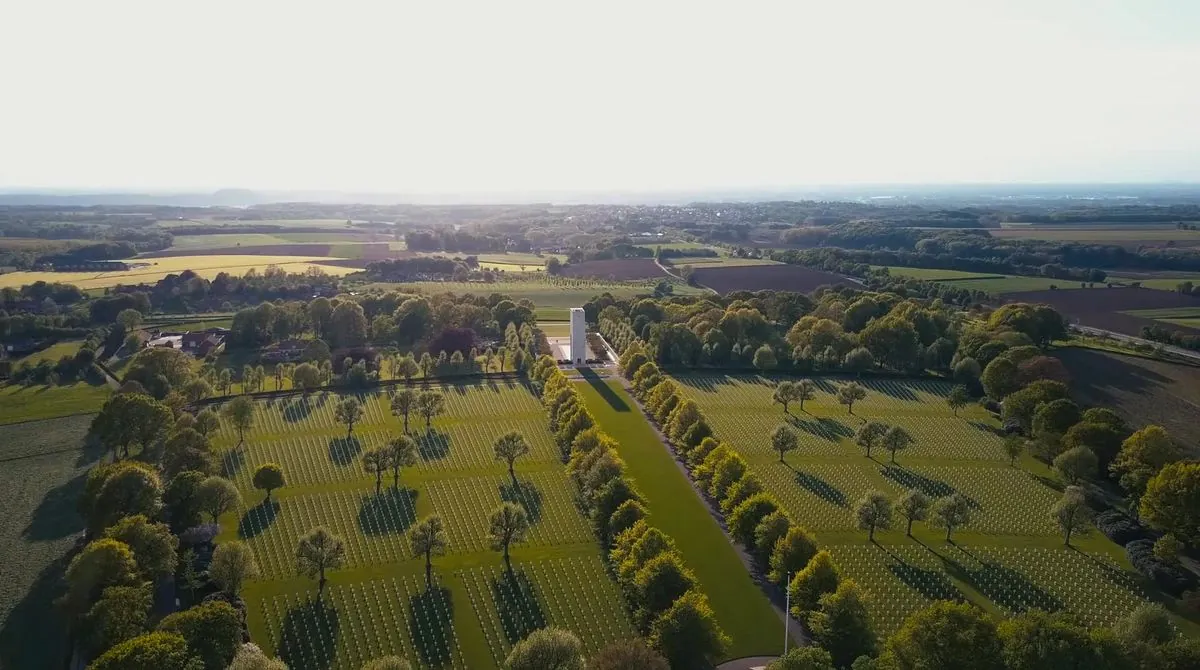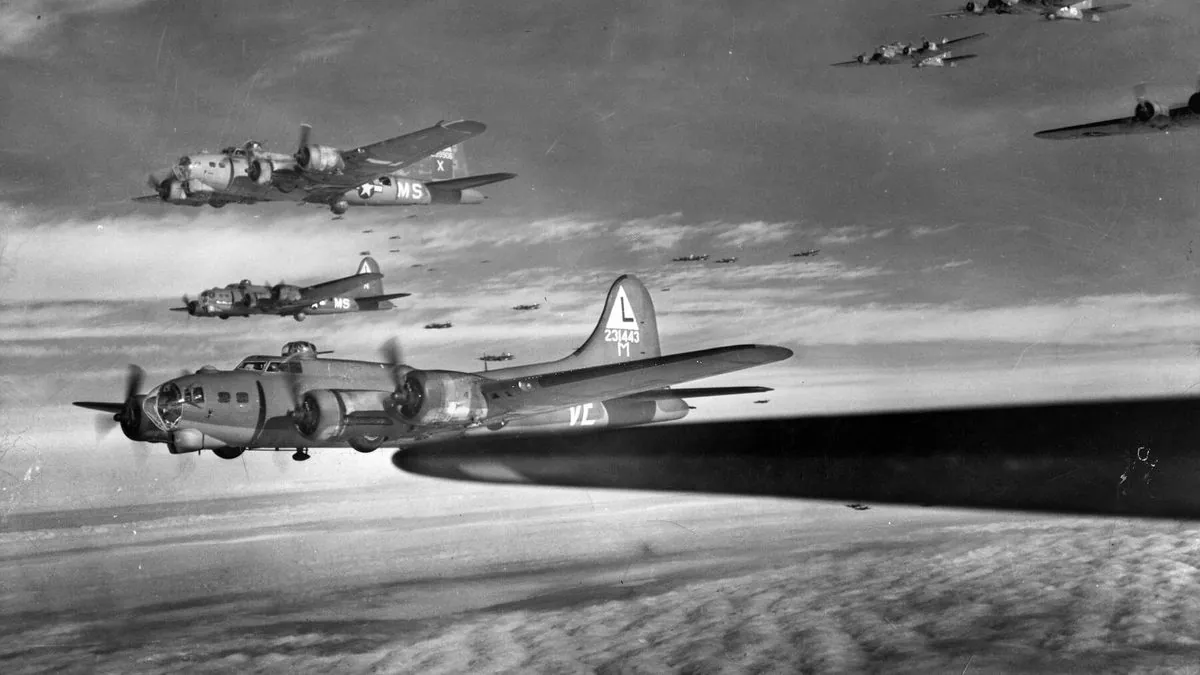Dutch Honor Fallen U.S. Soldiers 80 Years After Liberation Began
In Margraten, Netherlands, locals adopt graves of American soldiers who died liberating their country from Nazi occupation. A concert marks 80 years since the liberation's start, highlighting enduring gratitude.

In the picturesque southern Netherlands, a profound gesture of gratitude unfolds at the Netherlands American Cemetery in Margraten. This 65.5-acre expanse, adorned with pristine lawns and white marble headstones, stands as a testament to the sacrifices made by Allied soldiers during World War II.
On September 12, 2024, exactly 80 years after American forces first entered the Dutch village of Mesch, marking the beginning of the Netherlands' liberation, a commemorative concert resonates through the hallowed grounds. This event not only honors the fallen but also highlights a unique tradition that has endured for nearly eight decades.
The cemetery, one of 26 permanent American military burial sites overseas, is home to 8,301 graves. What sets this place apart is the remarkable "adoption" program, where local Dutch citizens take personal responsibility for tending to the final resting places of American soldiers.
Ton Hermes and Maria Kleijnen exemplify this tradition. They have adopted the grave of 2nd Lt. Royce D. Taylor, a bombardier with the 527 Bomb Squadron, 379th Bombardment Group. Taylor, just 23 years old, lost his life on December 20, 1943, when his B-17 Flying Fortress was shot down over Germany during a raid on Bremen.

Taylor's grandson, Scott Taylor, an F-15E Strike Eagle pilot who served in Iraq and Kosovo, expresses profound gratitude for this act of remembrance. "I'm very grateful. I can't say it enough to Ton and Maria that I really am grateful for their efforts to remember my grandfather and help other Dutch families to remember the others here in the cemetery," he states.
The liberation of the Netherlands began with the 30th Infantry Division, known as "Old Hickory," crossing from Belgium into Mesch. However, complete freedom was not immediate. The western regions, including major cities like Amsterdam and Rotterdam, endured months of continued occupation, culminating in the devastating "Hunger Winter" of 1944-1945.
This period saw over 20,000 Dutch citizens perish from famine, exacerbated by a railroad strike and severe weather conditions. Desperation led some to consume tulip bulbs for sustenance, a stark reminder of the hardships endured.
Hermes, a retired Dutch soldier who served in Bosnia during the 1990s, emphasizes the importance of remembering these sacrifices. "It's a day which shows that democracy and liberty are very fragile," he reflects, underscoring the significance of grave adoption in preserving historical memory.
"It can't be overstated. If we don't take the opportunity to remember, then we lose the opportunity to understand the significance of their sacrifice."
The grave adoption program, which began almost immediately after the war's end, has fostered lasting transatlantic friendships. Adopters regularly visit the graves, leaving flowers on significant dates and often reaching out to the families of the fallen in the United States.
As the world marks 80 years since the start of the Netherlands' liberation, the enduring gratitude of the Dutch people serves as a powerful reminder of the cost of freedom and the importance of preserving democratic values for future generations.


































